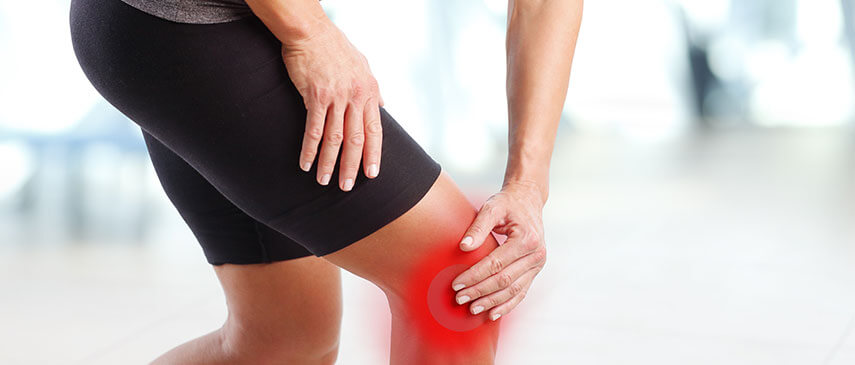Arthritis pain is a common and growing problem for many Americans today. According to recent statistics compiled by the Centers for Disease Control and Prevention (CDC), osteoarthritis (OA), is the most common type of arthritis and now afflicts at least 13.9% of the adult population, aged 25 or older. OA and other types of arthritis are serious degenerative diseases, characterized by the wearing away of joint cartilage over time. As the cartilage wears away, the affected joint experiences pain and damage when unprotected bone surfaces rub together. This damage leads to:
- poor tissue strength
- inflammation
- bone spurs
- pain
- muscle weakness
- joint flexibility issues
- mobility issues
Because this type of arthritis causes physical changes in the cartilage, joints and bones, it can cause debilitating pain, along with stiffness and swelling that can make normal activities painful and difficult. As a degenerative disease, osteoarthritis is implicated in more than 47% of the total arthritis-related hospitalizations due to arthritis, many of which involve joint replacement procedures to help relieve symptoms.
What Are the Most Common Symptoms of Arthritis?
Many people begin experiencing symptoms of arthritis years before being formally diagnosed and attempt to treat these early symptoms through over-the-counter drugs, massage and herbal remedies. By failing to seek medical treatment and physical therapy early, more damage results and the arthritis symptoms continue to worsen. Common early symptoms often include:
- experiencing pain when performing normal daily activities
- experiencing stiffness or a limited range of motion
- unexplained swelling or tenderness
- balance issues
- intermittent pain
- difficulties in completing normal daily tasks, such as dressing, lifting household items and work-related activities
What Can Arthritis Sufferers Do to Lessen the Pain and Improve Quality of Life?
Since arthritis pain often flares in response to stress and exertion, arthritis sufferers can help prevent painful flare-ups by:
- using care and proper techniques when lifting heavy objects, such as flexing the knees and using both hands to lift, instead of just one
- doing frequent stretches to help keep joints supple and flexible
- exercising to strengthen the muscles that help to support and protect the affected joints
- drink enough water daily to ensure that the body’s tissues, joints and cartilage remain properly hydrated
- avoid eating foods that are known to cause inflammation, such as soft drinks, fried foods, sweets, processed foods and salty snacks
- have arthritis pain medically evaluated and treated, instead of relying on increasing amounts of OTC pain relievers which can have serious side effects
- consider physical therapy to increase mobility and decrease pain before symptoms become debilitating
How Can Physical Therapy Help With Arthritis Pain?
When arthritis pain strikes, people often unconsciously adjust or make small, but important changes in the way they move to avoid or lessen the pain and discomfort. Joints and muscles that are not used as fully may then become even stiffer and more inflamed, creating a vicious circle of pain that further aggravates and increases the arthritis symptoms.
Physical therapists are specifically trained to understand the way each bit of human cartilage, bone and muscle are designed and how to help them work more smoothly to relieve arthritis pain, stiffness and swelling. High quality physical therapy administered by trained professionals helps arthritis sufferers improve muscle strength, increase joint mobility and maintain joint health. To find out more about how physical therapy can help you lessen arthritis pain and increase your mobility, as well as get answers to specific questions about arthritis and the effects it has on the human body, contact In Motion Physical Therapy today. Our goal is to increase your quality of life!






